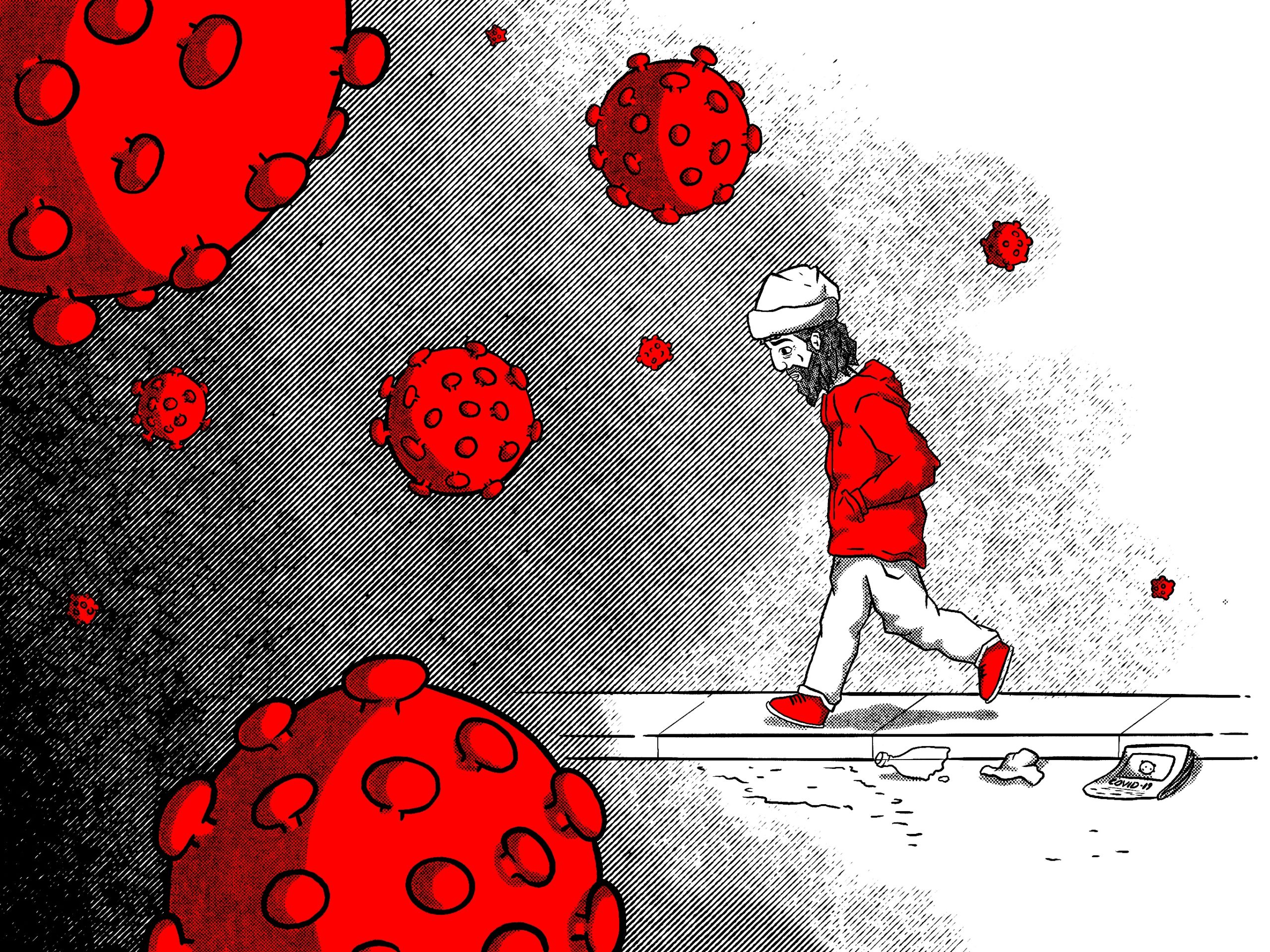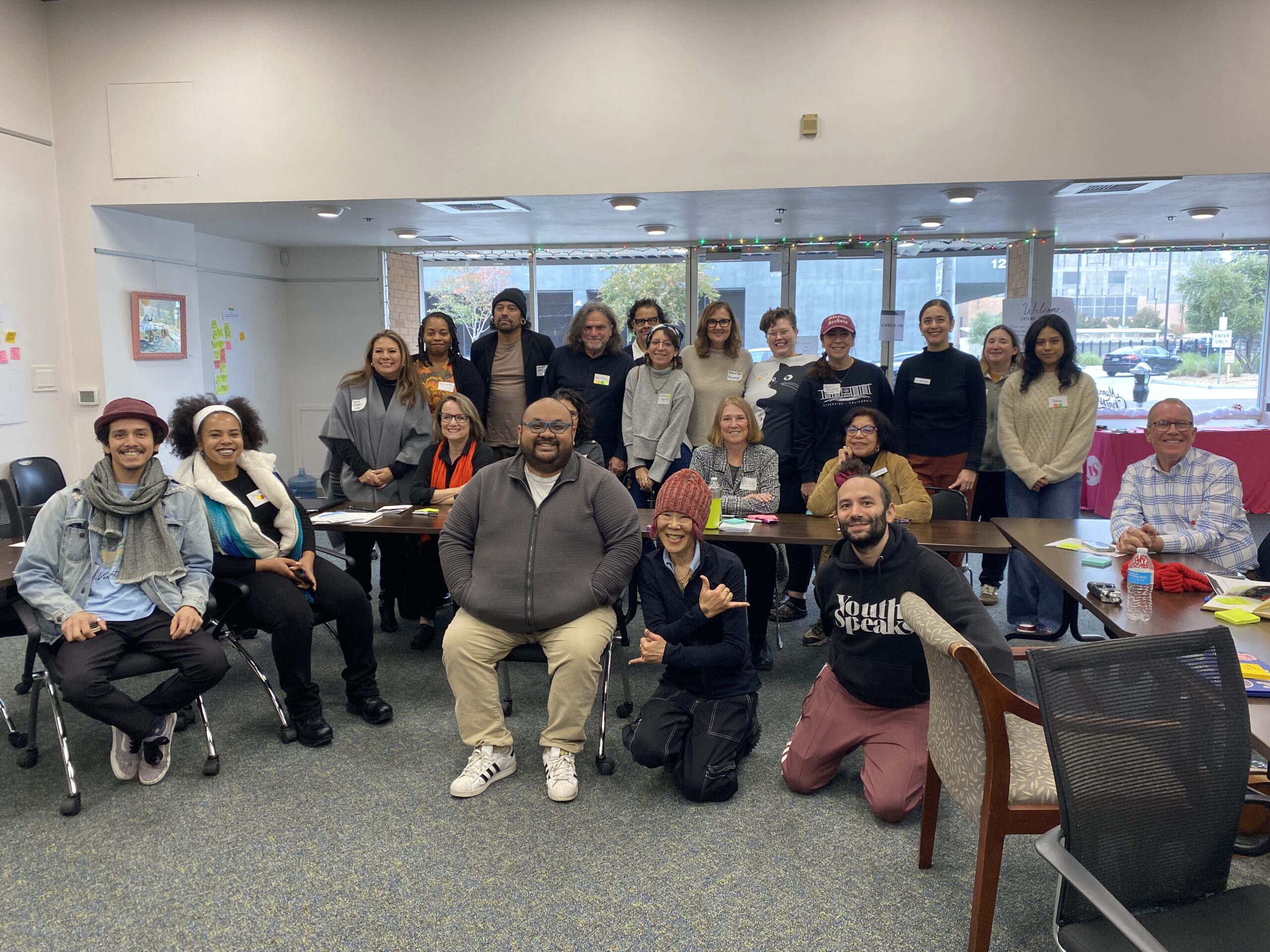
As of Sept. 30, 2020, Fresno County has had a total of 28,791 cases of COVID-19 and 390 deaths. With the numbers growing every day, how have people experiencing homelessness in Fresno been affected by the virus?
Environments conducive to a disease pandemic are those in which sanitation and hygiene, along with distance from others, are not possible. Homeless populations often lack the resources needed to maintain hygiene and staying safe from the virus requires much more than that. In addition to masks, distance from others and frequent sanitation are needed to stay safe.
Many people experiencing homelessness rely on public spaces like libraries and public bathrooms to keep themselves clean and sanitary, but with the mass closure of public spaces as a result of the virus, they are having a more difficult time finding the necessary resources and shelter. Fresno has over 2,000 individuals living on the streets, and many of them remain unsheltered, sleeping in places not intended for human habitation, like on a bench, in a car, in an abandoned building, or on a street.
Mike Rhodes, the author of “Dispatches from the War Zone, Homelessness in Fresno from 2002-2015,” has worked to protect the human rights of those experiencing homelessness for over 20 years. He was a key organizer in a class-action lawsuit against the City of Fresno in 2006, and the $2.3 million settlement forced the city to end the practice of bulldozing homeless encampments.
Rhodes said that COVID-19 “adds a whole different layer of issues” for those experiencing homelessness. While many of Fresno’s residents can quarantine in their residences, the homes of those experiencing homelessness are out on streets.
Rhodes believes that more money could be spent by the City of Fresno on social services for these homeless individuals, rather than Fresno’s homeless task force, which is carried out by police officers. These police officers force people living on the streets to move to places like Poverello House (an organization that helps provide and shelter people experiencing homelessness in Fresno), but most of the time, these individuals ultimately end up moving to another street, or another homeless encampment.
“The success rate of this homeless task force,” which is very little, Rhodes said, “is not worth the money spent, because these are police officers, not social service workers.”
There are other nonprofits and organizations helping those experiencing homelessness in Fresno and many are working even harder amid this pandemic.
Fresno Economic Opportunities Commission (Fresno EOC), for example, has an outreach program that has many services to help those experiencing homelessness. They connect homeless individuals with housing opportunities, give out hygiene kits (that recently included masks and hand sanitizer), have showers available, as well as providing safe places for homeless youth.
While Fresno EOC is providing masks and hand sanitizer to many individuals, staying safe from the virus is still a rising issue for those experiencing homelessness. Currently, with the coronavirus pandemic at large, Fresno EOC is still figuring out a safe way to continue with their showering service, and though the drop-in youth service isn’t operational, they still have transportation for homeless and at-risk youth.
Latasha Marin, the outreach coordinator for Fresno EOC Sanctuary and Support Services, coordinates a team that directly provides people with resources intended to help individuals become more self-sufficient.
Recently, her job has an added risk factor. Because Marin and her team work directly with other people, contact with others is essential. Her job isn’t something that can be done virtually, and while they are taking as many precautions as possible, it is still risky.
“We’re taking serious precaution,” Marin said. “But I think we’re taking a risk anyway, because we don’t really know what [the virus] entails,” which is true, as scientists are learning more about the virus every day.
One of the challenges of working to provide for individuals experiencing homelessness is how vastly different everyone is reacting to the pandemic.
“One day you’ll see [lots of individuals willing to] wear a mask,” Marin said. “Then you’ll see the ones that just won’t. It just depends.” And if a person is unwilling to wear a mask or maintain distance, they have to discontinue the outreach to that individual as a safety precaution for themselves and for others.
Marin stresses that every individual is different, and the help that they need differs too. Some want transportation and shelter, while some just want a meal. Preference in accepting help and resources varies just as much as the circumstance of every individual experiencing homelessness.
While the pandemic continues to spread and cases in the valley rise, it’s increasingly important to do everything possible to protect yourself and others. Those who can are being urged to wear a mask, practice social distancing, and stay home as much as possible. But for those experiencing homelessness, staying safe is getting increasingly difficult and there is only so much place like Fresno EOC can do without further support and investment from the city.


